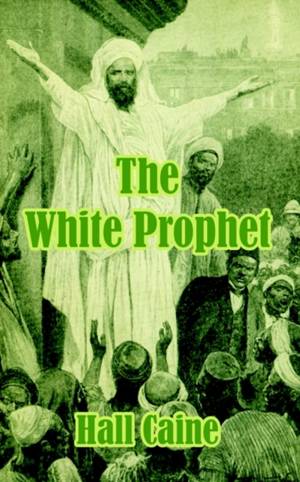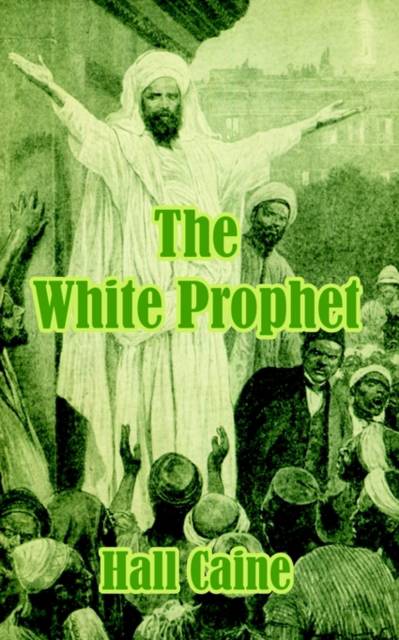
- Afhalen na 1 uur in een winkel met voorraad
- Gratis thuislevering in België vanaf € 30
- Ruim aanbod met 7 miljoen producten
- Afhalen na 1 uur in een winkel met voorraad
- Gratis thuislevering in België vanaf € 30
- Ruim aanbod met 7 miljoen producten
Zoeken
Omschrijving
This is a story of Egypt and the Soudan with its principal scenes in Cairo and Khartoum. It was published in 1909, and anticipated by many years some racial, political and religious problems which are now agitating those countries. The central character resembles the Madhi in his earlier years. At first he is a religious reformer only, but later he developes political aims which bring him into sharp collision with the British rule. A tragic happening enlists on his side the son of the English Consul-General who remotely resembles the late Lord Cromer in his policy, but not his person. Out of this fact and the further complication of his affection for an English woman, Helena, the author developes his love story. The glamour and mystery of the East are the background of the novel, which is a strong contrast to the stark simplicity of the scenes of Hall Caine's Manx and Icelandic stories. The Liverpool Post says: "Hall Caine's power of rivetting and engrossing attention will be found in this novel at its zenith."
Specificaties
Betrokkenen
- Auteur(s):
- Uitgeverij:
Inhoud
- Aantal bladzijden:
- 628
- Taal:
- Engels
Eigenschappen
- Productcode (EAN):
- 9781410104021
- Verschijningsdatum:
- 20/11/2003
- Uitvoering:
- Paperback
- Formaat:
- Trade paperback (VS)
- Afmetingen:
- 127 mm x 203 mm
- Gewicht:
- 553 g

Alleen bij Standaard Boekhandel
+ 81 punten op je klantenkaart van Standaard Boekhandel
Beoordelingen
We publiceren alleen reviews die voldoen aan de voorwaarden voor reviews. Bekijk onze voorwaarden voor reviews.











